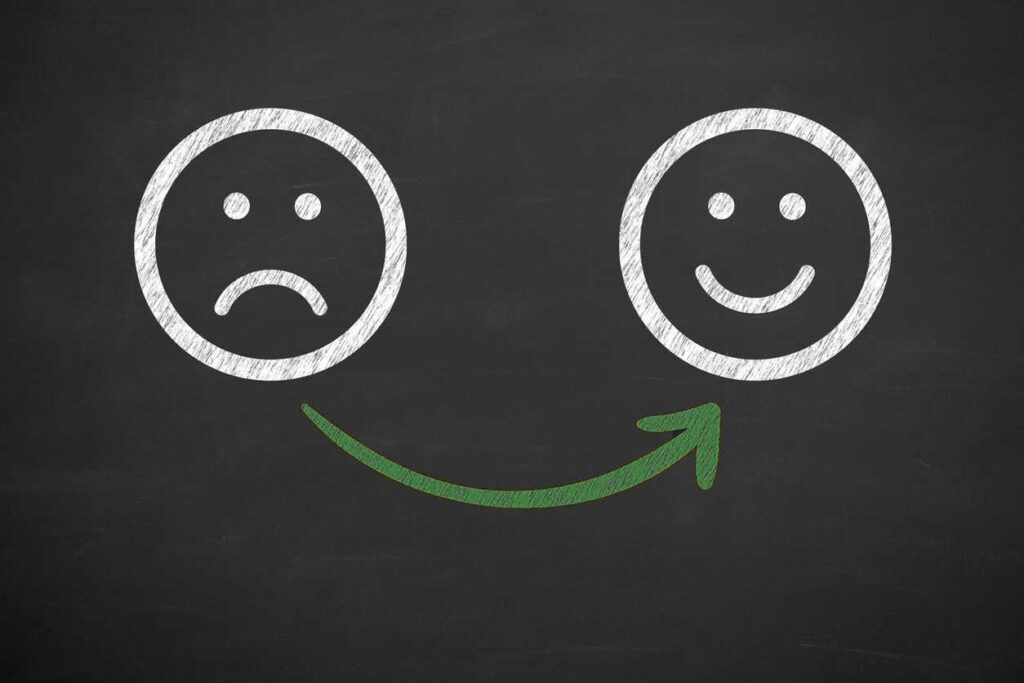Positive Emotions
Well-Being and the Five ‘Happy’ Lives
By Christopher L. Heffner, PsyD, PhD Well-Being and The PERMA Model Seligman (2011) argues that well-being is enhanced through thriving in one or more pillars of well-being. His model, often referred to as the PERMA Model, consists of Positive Emotions, Engagement, Relationships, Meaning, and Accomplishment (or Achievement). The more we thrive in each of these,…
Read MoreThe Fading Affect Bias: A Defense Mechanism in Pursuit of the Pleasant Life
By Christopher L. Heffner, PsyD, PhD Fading Affect Bias (FAB) The Fading Affect Bias, or FAB for short, refers to the cognitive phenomenon supported by research showing that memories associated with negative emotions tend to fade faster than memories associated with positive emotions (Skowronski, 2014). This means we tend to forget the bad times at…
Read MoreThe Real World Benefits of Expressing Gratitude
By Christopher L. Heffner, PsyD, PhD Gratitude: As Old as Animal Kind Gratitude may be an evolutionary component of human development, passed down for thousands of years according to sociologist Georg Simmel (Greater Good Magazine, n.d.). While we may think of it as something personal and internal, it is also considered an important social skill…
Read MoreThe Paradox of Flow and Happiness
By Christopher L. Heffner, PsyD, PhD What is Happiness? “…Aristotle concluded that, more than anything else, men and women seek happiness. While happiness itself is sought for its own sake, every other goal . . . is valued only because we expect that it will make us happy” (Csikszentmihalyi, 1990, p.1). Much of psychology has…
Read MoreSavoring to Overcome and Grow
By Elle Harris Savoring is often associated with the infrequent double scoop of large chunk chocolate chip cookie dough ice cream with thick, hot chocolate sauce in this diet-abundant, sugar-free era, or a beach vacation in a Seattle February. The verb, “to savor” implies action; it is less passive than “to enjoy” or “to feel…
Read MoreLearning to be Optimistic
By Christopher L. Heffner, PsyD, PhD As a human species, do you think we are more naturally pessimistic or more naturally optimistic? Interestingly, Seligman and others in the field of positive psychology argue that we are naturally more pessimistic… Read this Article at AllPsych.com
Read MoreA Negative Beginning to Positive Psychology: Part 1
By Christopher L. Heffner, PsyD, PhD It didn’t Start Off Very Positive I could not think of a better or more ironic way to start a paper on the history of positive psychology than with a quote on the inevitability of pain and suffering. So here it is: “Life swings like a pendulum backward and…
Read More





